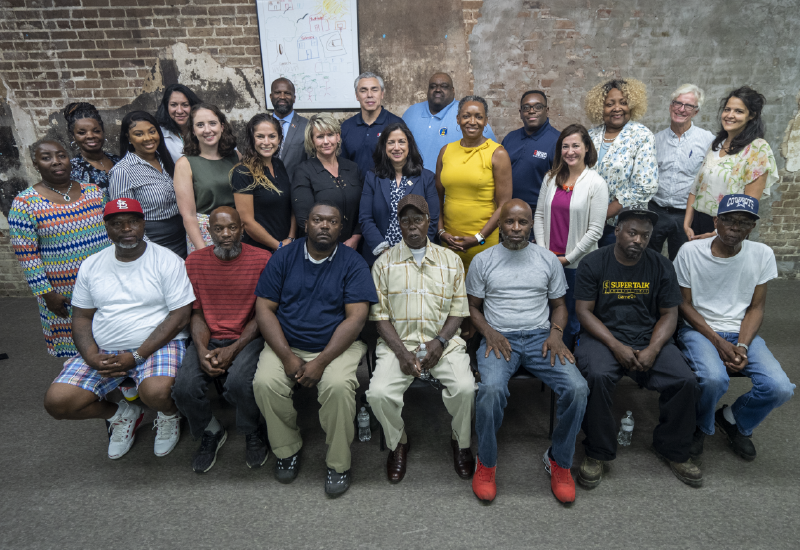
Farm work in the Mississippi Delta involves back-breaking labor, low pay and harsh working conditions. Many Black agricultural workers and families have tended the soil of Mississippi farms for years and take pride in the knowledge passed down from generations in this labor. Too often, however, these workers find themselves victimized by discrimination and unjust working conditions.
The U.S. Department of Labor’s Wage and Hour Division launched an enforcement initiative in 2022 to protect agricultural workers in the Delta against these type of labor violations. So far, those investigations have recovered $505,540 in back wages for 161 workers and fined Delta employers $341,838 for violating the law. And more cases are still underway.
The H-2A program allows employers to hire foreign workers only when U.S. workers are not available. Our investigations have confirmed that, unfortunately, some employers are misusing the H-2A program to perpetuate racial inequity that harms U.S. workers.
Investigations disclosed that some employers misused the federal H-2A visa program when they illegally replaced domestic workers, including Black farmworkers who have worked on the land for years, with workers from other countries. In one case, the U.S. worker who had worked on that farm for 25 years as an equipment operator to till the soil and harvest soybeans, was asked to train the new H-2A workers. Once the H-2A workers were fully trained, that U.S. worker was paid less to work beside them, doing the same job, in violation of the law.
One worker shared with us that he, his father and grandfather had worked on that farm for many years and while they knew they were being underpaid, they accepted it as a reality of that job. Upon receiving the back wages we recovered for him, he was able to make repairs on his home and pay essential bills.
The success of this effort is also due to our collaboration with the Mississippi Center for Justice, a trusted local organization whose staff helped us understand the concerns of these workers.
“It’s encouraging to see the Department of Labor’s collective and strategic response to the employment discrimination and inequitable working conditions on some farms in the Mississippi Delta,” said Vangela Wade of the Center. “Thank you for understanding and respecting the generational nuances created and curated by decades of discrimination and racism in Mississippi and the Delta.”
We will continue to collaborate with state and federal law enforcement, including the Department of Justice, the Employment and Training Administration, the Occupational Safety and Health Administration, and the Equal Employment Opportunity Commission, to ensure workers are fully protected. We will also continue to partner with advocates like the Mississippi Center for Justice. And through these efforts, we will work to break the cycle of inequity that has plagued these proud agricultural workers for generations.
The Wage and Hour Division is committed to protecting the rights of all workers, especially those who have historically been underserved and marginalized. Wherever you work, if you have concerns about your wages or working conditions, call us today at 1-866-4-US-WAGE.
Audrey Hall is a district director for the U.S. Department of Labor’s Wage and Hour Division in Jackson, Mississippi. Follow the division on LinkedIn and on Twitter at @WHD_DOL.

 U.S. Department of Labor Blog
U.S. Department of Labor Blog